- Homepage
- Key Information
- Students
- Staff
- PGR
- Health and Safety
- Computer Support
- National Student Survey (NSS)
- Intranet Help
Prof Albert S. Chen
Previous projects
Recent projects
 LOTUS: LOw-cost innovative Technology for water quality monitoring and water resources management for Urban and rural water Systems in India
LOTUS: LOw-cost innovative Technology for water quality monitoring and water resources management for Urban and rural water Systems in India
2019-2022, EU H2020
LOTUS brings together EU and Indian prominent organisations with the aim to co-create, co-design and co-develop innovative robust affordable low-cost sensing solutions for enhancing India’s water and sanitation challenges in both rural and urban area.
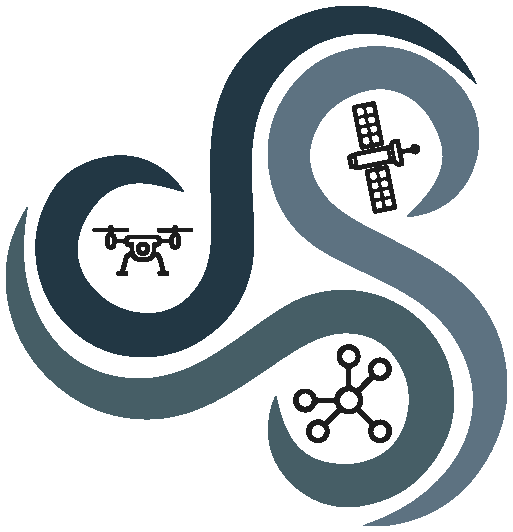 aqua3S: Enhancing Standardisation strategies to integrate innovative technologies for Safety and Security in existing water networks
aqua3S: Enhancing Standardisation strategies to integrate innovative technologies for Safety and Security in existing water networks
2019-2022, EU H2020
aqua3S project will create strategies and methods enabling water facilities to easily integrate solutions regarding water safety through the combination of novel technologies in water safety and the standardisation of existing sensor technologies.
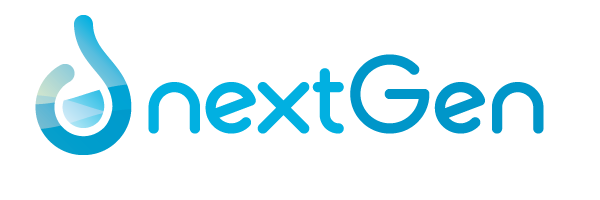 NEXTGEN: Towards a next generation of water systems and services for the circular economy
NEXTGEN: Towards a next generation of water systems and services for the circular economy
2018-2022, EU H2020
NextGen evaluates and champions transformational circular economy solutions and systems around resource use in the water sector.
 Fiware4Water: FIWARE for the Next Generation Internet Services for the WATER sector
Fiware4Water: FIWARE for the Next Generation Internet Services for the WATER sector
2019-2022, EU H2020
FIWARE is a smart solution platform to support SMEs and developers in creating the next generation of internet services, as the main ecosystem for Smart City initiatives for cross-domain data exchange/cooperation and for the NGI initiative.
2018-2022, NERC
ENRICH will bring together expertise and experience from UK and Thailand in the areas of climate variability and climate change, floods and drought modelling and water resources management.
2020-2021, UKRI GCRF
OVERCOME consortium include world-leading organisations to develop state-of-the-art research plan that integrates digital innovations in natural hazard and risk predictions in order to develop intervention strategies for strengthening the resilience of vulnerable communities against climate hazards and health impacts.
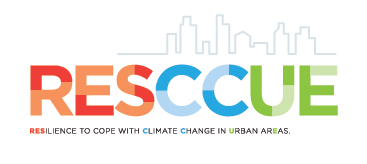 RESCCUE: Resilience to cope with climate change in urban areas
RESCCUE: Resilience to cope with climate change in urban areas
2016-2020, EU H2020
RESCCUE aims to improve urban resilience: the capability of cities to anticipate, prepare for, respond to, and recover from significant multi-hazard threats with minimum damage.
2016-2020, EU H2020
SIM4NEXUS searched for new scientific evidence on sustainable and integrated management of resources (water, land, energy and food) in Europe and elsewhere, and adopted the Nexus concept in testing pathways for a resource-efficient and low-carbon Europe.
 ESPRIT: Embedding Strategic Planning In flood Resilient ciTies
ESPRIT: Embedding Strategic Planning In flood Resilient ciTies
2018-2020, Royal Academy of Engineering
ESPRIT aims to establish strong collaboration between the UK and Chinese partners to advance our scientific understanding of urban flooding and enhance flood resilience.
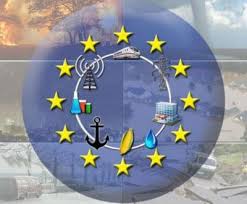 EU-CIRCLE: A pan-European framework for strengthening critical infrastructure resilience
EU-CIRCLE: A pan-European framework for strengthening critical infrastructure resilience
2015-2018, EU H2020
The main objectives of EU-CIRCLE are defining a holistic climate resilience infrastructure model and its constitutional components to develop the technical solution that will implement it and to extensively validate it in real world test cases.
Earlier projects
-
Development of an Assessment Procedure for Seawater Intrusion Mitigation (2017-2019, Royal Society - MOST Taiwan)
-
TENDERLY - Towards END-to End flood forecasting and a tool for ReaL-time catchment susceptibilitY (2016-2020, NERC)
-
Urban flooding and sponge cities (2017-2018, British Council)
-
2D software mapping tool for rapid assessment of flood risk from sewers or water distribution mains (2015-2017, KTP - ICS Consulting Ltd)
-
Flood impact assessment in mega cities under urban sprawl and climate change (2015-2017, Global Innovation Initiative)
-
Hydrodynamic analysis of urban features with physical and numerical experiments (2015-2017, Royal Society - NSFC China)
-
Using Artificial Intelligence to Transform Radar Observations to Rainfall and Developing a flood routing System for Flash Flood (2015-2017, Royal Society - MOST Taiwan)
-
PEARL - Preparing for extreme and rare events in coastal regions (2014-2017, EU FP7)
-
SINATRA - Susceptibility of catchments to intense rainfall and flooding (2014-2017, NERC)
-
Development of real-time flash flood mapping and early warning system (2014-2016, Royal Society - NSC Taiwan)
-
Dual Drainage - DFG Initiation of International Collaboration (2013-2014, DFG Germany)
-
Development and Application of Hydroinformatics Tools for Urban Stormwater Management (2013-2014, BIS UK - MoE China)
-
Real-time machine learning approach to near-term assessment of risk of flooding in urban area (2011-2012, UKWIR)
-
CORFU - Collaborative Research on Flood Resilience in Urban areas (2010-2014, EU FP7)
-
CADDIES - Simplified dual-drainage modelling for flood risk assessment in urban areas / Cellular automata dual-drainage Simulation (2010-2013, EPSRC)
-
CREW/SWERVE - Community Resilience to Extreme Weather / Severe Weather Events Risk and Vulnerability Estimator (2008-2011, EPSRC)
-
Integrated urban drainage demonstration projects, Site 1 (Phase 3) – Cowes, Isle of Wight (2008-2009, UKWIR)
-
FRMRC/FRMRC2 - Flood risk management research consortium Phase1&2 (2004-2011, EPSRC)

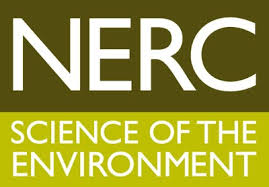 ENRICH: ENhancing ResIlienCe to future Hydro-meteorological extremes in the Mun river basin in Northeast of Thailand
ENRICH: ENhancing ResIlienCe to future Hydro-meteorological extremes in the Mun river basin in Northeast of Thailand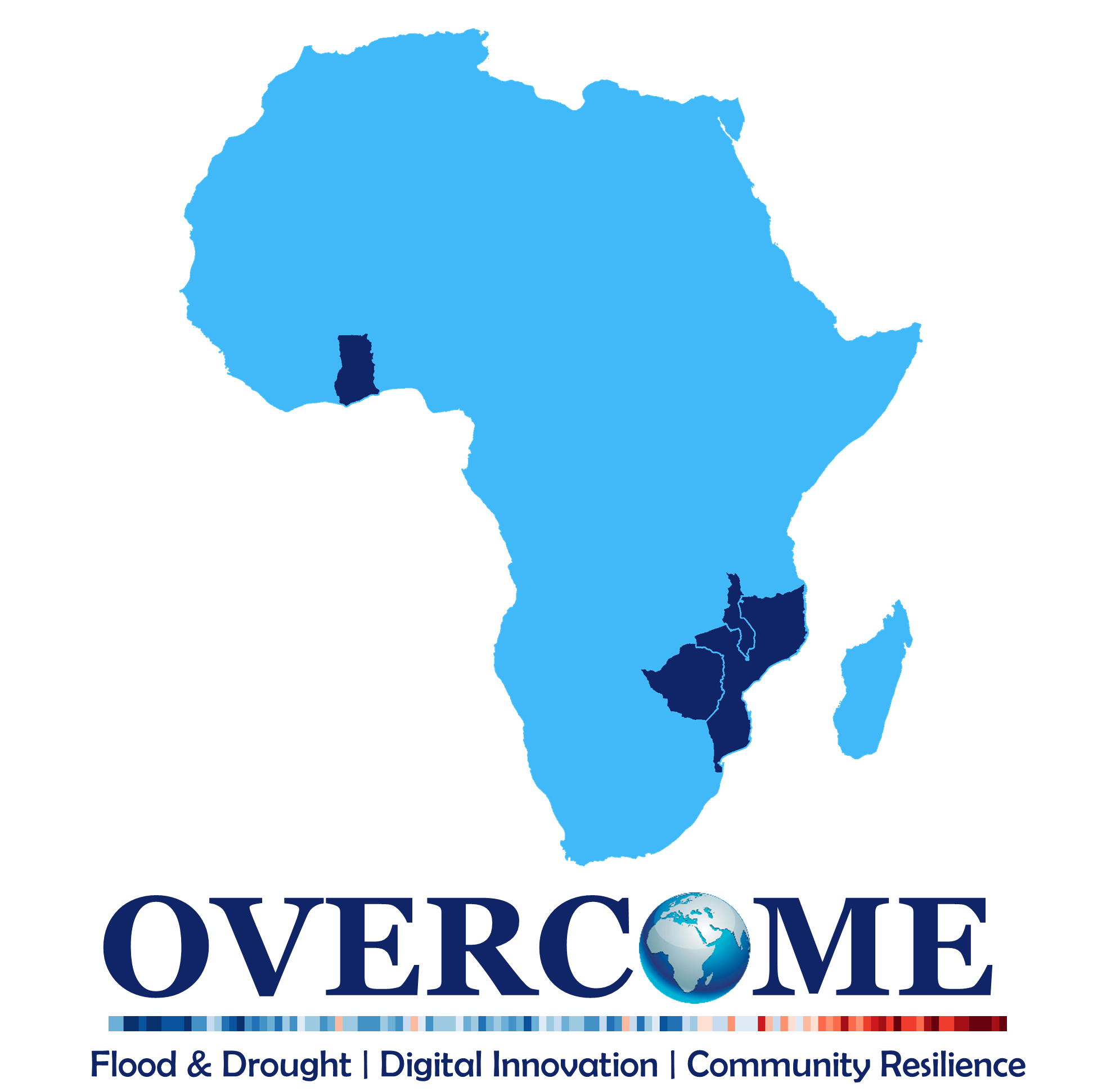 OVERCOME: digital innOVation in climatE hazaRd early warning and related disease prevention for COMmunity capacity building and rEsilience
OVERCOME: digital innOVation in climatE hazaRd early warning and related disease prevention for COMmunity capacity building and rEsilience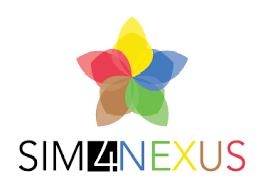 SIM4Nexus: Sustainable Integrated Management FOR the NEXUS of water-land-food-energy-climate for a resource-efficient Europe
SIM4Nexus: Sustainable Integrated Management FOR the NEXUS of water-land-food-energy-climate for a resource-efficient Europe